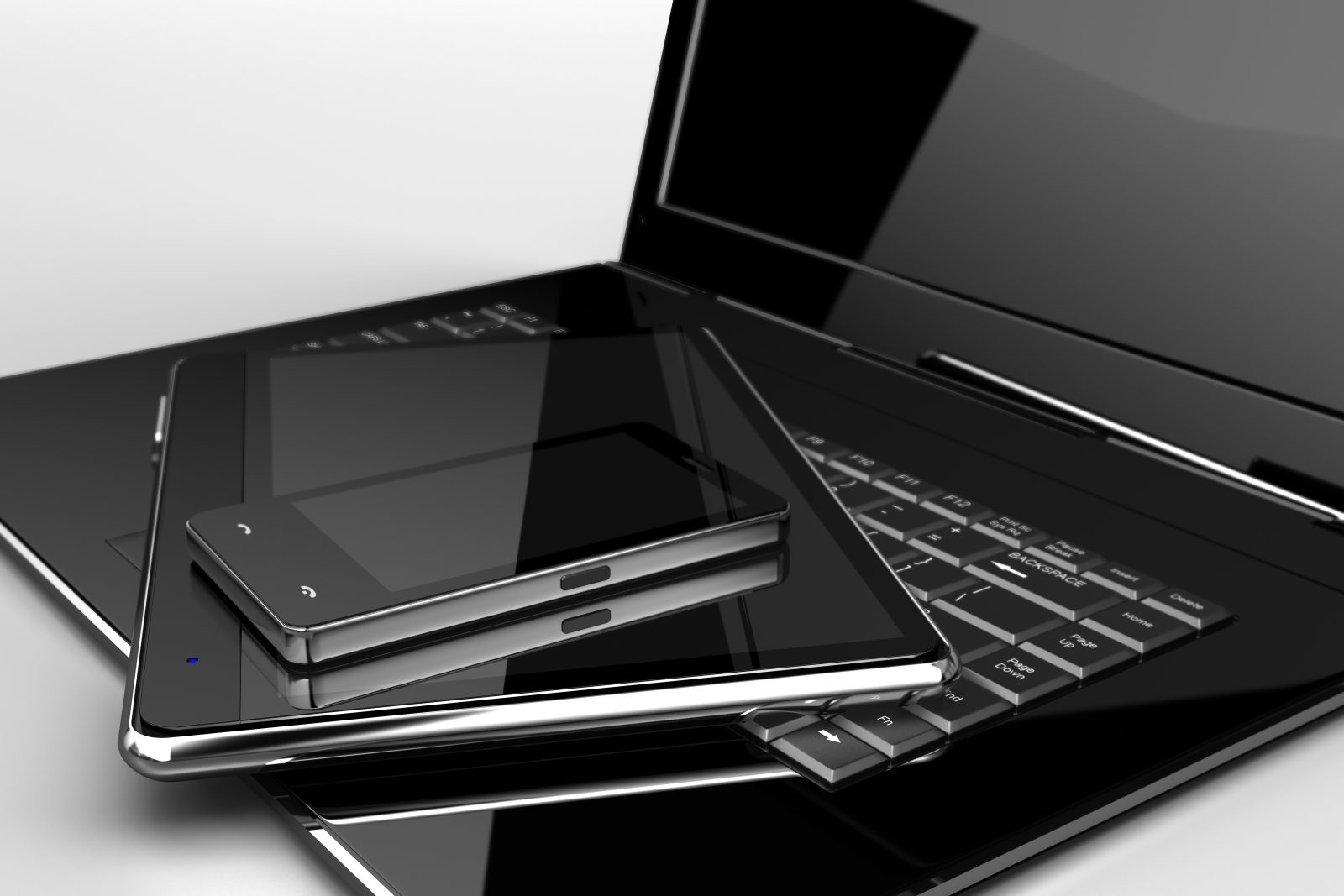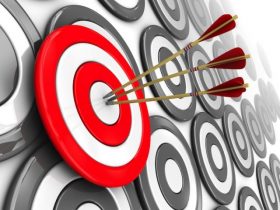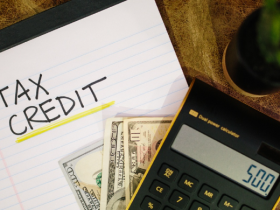PayPal has long been one of the most popular methods of exchanging money online, but it has done relatively little in terms of allowing users to access their accounts and make in-store purchases. That is about to change with the introduction of the PayPal Beacon, a USB-powered Bluetooth device that will allow users to access their PayPal accounts and pay for merchandise in stores. It definitely sounds convenient, especially for those who don’t want to take the time to use their smartphones to access their accounts when they’re getting ready to make purchases. However, it is being met with some trepidation from those who are afraid that the new technology won’t be sufficiently secure.
How it Works
The Beacon utilizes Bluetooth Low Energy or BLE technology to make transactions with merchants in stores without the need for cash, a credit card or even a wallet. In short, it’s a hands-free method of making purchases by connecting directly to an online PayPal account. It’s essentially a small piece of hardware that runs on its own Wi-Fi network and acts as a “beacon” to other devices on the same network, hence the product’s name. The device downloads and installs updates on its own, and when it is used correctly, merchants won’t have to touch the Beacon at all to make transactions.
Is it Safe?
As exciting as the PayPal Beacon is as a concept, it does raise some concerns about privacy. The dangers of using a hands-free device to make transactions over a Wi-Fi network are pretty obvious. What if a third party accesses the network simply by being in the device’s general vicinity during a transaction? What about vendors making unauthorized transactions without the customer’s knowledge? Is a Beacon user’s financial information truly safe? These are all questions that people have begun to ask, but according to PayPal representatives the device is perfectly safe to use. Users will have the option of putting different businesses into a database of “safe” stores that are allowed access to their PayPal accounts. Businesses that aren’t on this list will require approval from the user before a transaction can go through, a feature that will also prevent accidental purchases from being made.
PayPal Beacon vs. Google Wallet
PayPal has been attempting to branch out and create something of a start up culture for some time. With Beacon and their mobile app, PayPal is able to remain on the cutting edge of technology. In many ways, PayPal Beacon has been compared to Google Wallet, a mobile app that works much like Beacon by turning one’s smartphone into a “virtual wallet.” The big difference between Google Wallet and the Beacon is that Beacon requires a piece of hardware to operate. However, Google Wallet still requires customers to pull out their phone and access the app, while Beacon can work almost automatically.
The PayPal Beacon will be rolled out to customers early next year. Until then, customers can expect to see Beacon being tested out in some markets in the fourth quarter of 2013. Whether or not it will be a success remains to be seen. It’s certainly an innovative concept that may revolutionize a shopping industry that some believe is in danger of being replaced by online markets, but it’s also possible that people aren’t ready for this kind of technology yet. Beacon may revolutionize the shopping industry, but potential privacy issues could also scare away would-be customers who feel safer handing merchants cash or plastic.
This article was provided by CJ Gordon, recent Computer Science graduate and consumer of the latest gadgets. If you’re looking for a way to protect YOUR latest gadget, CJ recommends the kensington ipad keyboard case.

























